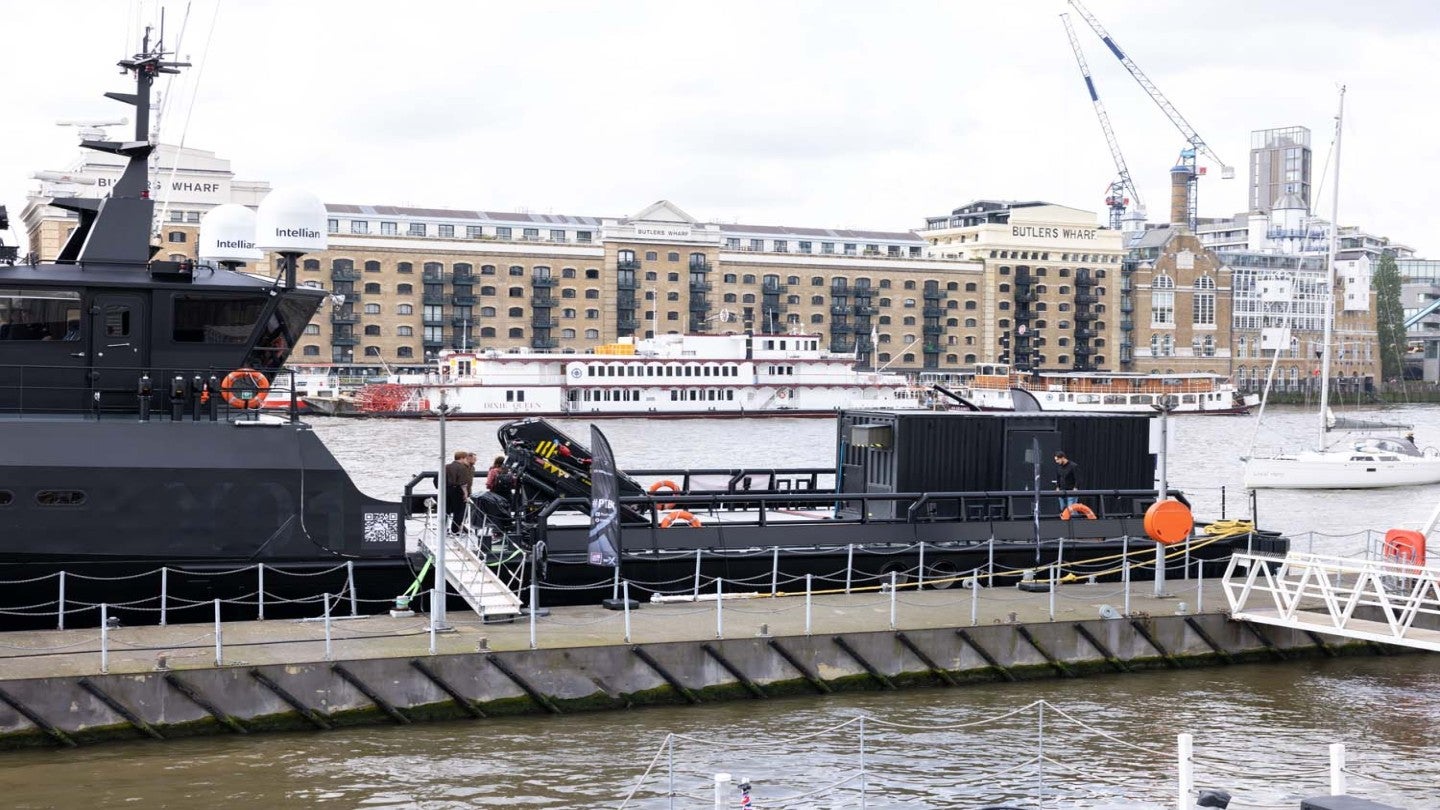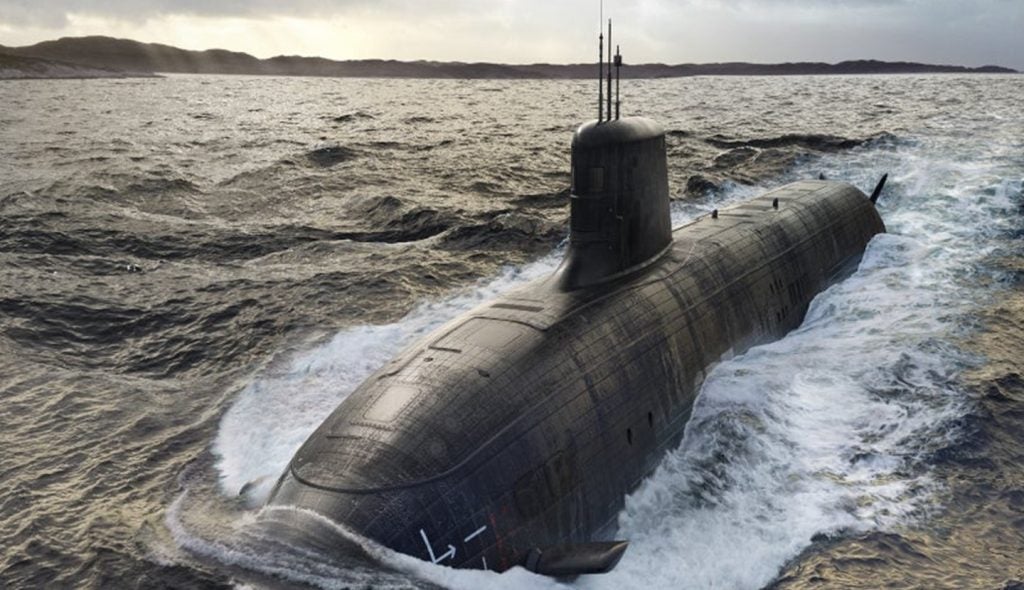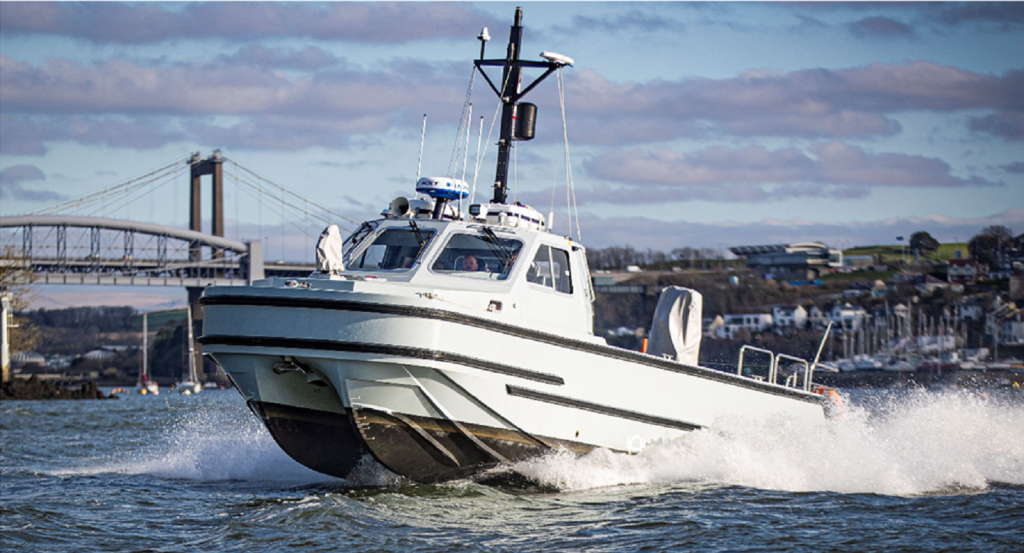
The UK Royal Navy (RN) has announced its collaboration with the Imperial College London to test and experiment navigation systems for naval vessels.
This partnership between the RN’s technology and experimentation experts, referred as NavyX, and Imperial College London academics is currently in its early stages.
As part of this joint effort, a new prototype quantum sensor, developed and provided by the academics at Imperial College London, was integrated aboard the RN’s experimentation and trials platform XV Patrick Blackett.
This prototype technology, according to the Navy, can be used for providing Global Positioning System (GPS)-free navigation capabilities to the service.
This will subsequently minimise the RN’s dependency on GPS, while reducing the instances of jamming, imitation or several other sabotages.
Commander Michael Hutchinson, Commanding Officer of XV Patrick Blackett, said: “Working with Imperial College London on this project has been an exciting and interesting opportunity for all of us.
How well do you really know your competitors?
Access the most comprehensive Company Profiles on the market, powered by GlobalData. Save hours of research. Gain competitive edge.

Thank you!
Your download email will arrive shortly
Not ready to buy yet? Download a free sample
We are confident about the unique quality of our Company Profiles. However, we want you to make the most beneficial decision for your business, so we offer a free sample that you can download by submitting the below form
By GlobalData“So far, the testing has gone well but the technology is still in its very early stages. It’s great to be a part of Royal Navy history.”
Working of this sensor is different from conventional navigation systems that mainly depend on global satellite systems, including GPS, which leverages signals via satellites orbiting the earth.
The RN describes the new quantum sensor as a new type of ‘accelerometer’ that can be used for measuring the changes in speed of an object’s over time.
This information, when combined with the object’s initial position and the rotation measurements, can be used for calculating the current location.
The quantum accelerometer utilises ‘ultracold atoms’, which makes this system highly accurate in providing measurements.
These atoms start showing their ‘quantum nature’ when put under extremely low temperatures, further resulting in wave-like properties.
For the acceleration of atoms to get accurate measurements, the atoms are required to move through the sensor to form ‘optical ruler’ with the help of several laser pulses.






